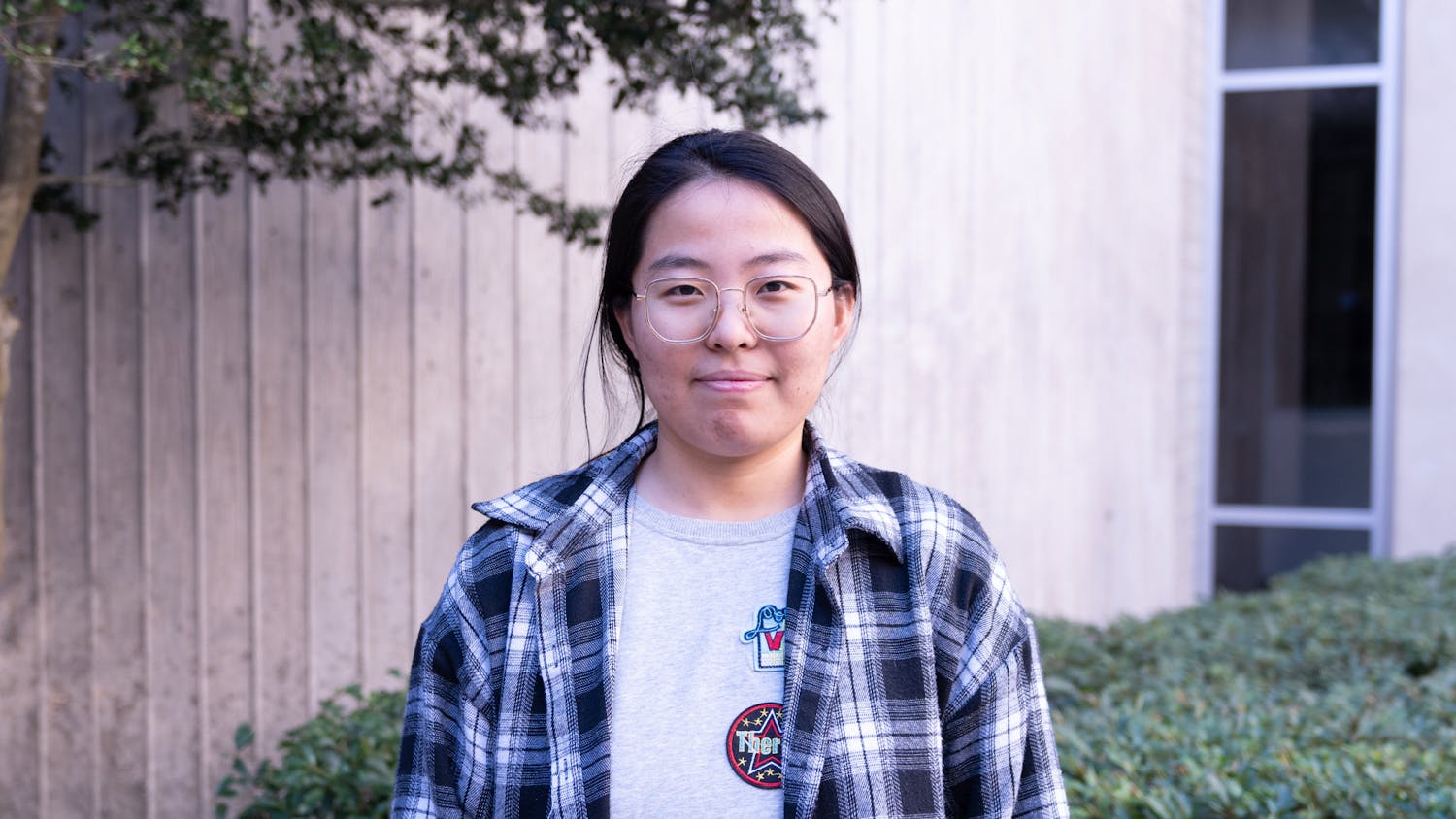At a panel Tuesday night, Stephanie Marchman told about 40 Levin College of Law students how another attorney taunted her when she went on maternity leave.
During the panel discussion, Gender Bias and the Glass Ceiling, Marchman, a senior assistant city attorney, members of the Law Association for Women and UF law students discussed gender inequalities in the legal profession, including dress code, wage gaps and balancing family and work life.
In 2015, a gender-bias survey led by the Young Lawyers Division of The Florida Bar found that about 43 percent of women in Florida had experienced gender bias in their workplaces.
Cara Powell, the president of the Law of Association for Women and a UF law student, said after seeing the survey, she wanted to bring up the issue with her peers.
“We became aware that it was something that needed to be discussed, and we wanted to do it in a meaningful way,” Powell said.
One of the five panelists mentioned that her firm once held a wet T-shirt contest in the late 1980s. Powell said she knew a woman who had been intentionally left out of coworkers’ “bonding experiences” simply because they were not meant for women, such as golfing or a night at the strip club.
As a third-year law student, Powell said the college has consistently remained about 50 percent male and 50 percent female since her first year.
“It’s the most diverse class that UF Law has ever had, so I definitely think there have been steps taken to ensure that women are a prevalent presence on campus,” Powell said.
Aaron Badida, a first-year UF law student, said while the college may be split in terms of gender enrollment, the law offices that students work in after graduation may not be as diverse.
“That’s not the reality,” the 22-year-old said.
Badida said he attended the event because he wanted to learn about the challenges female lawyers face.
Badida said he could have listened to the panelists talk for hours longer, emphasizing that it is important to raise awareness of what the status quo is because a lot of people don’t know.
“As a male, and in particular a white male, I think it’s important to be able to understand where those gaps in representation are and what we can affirmatively do to change that,” Badida said.




